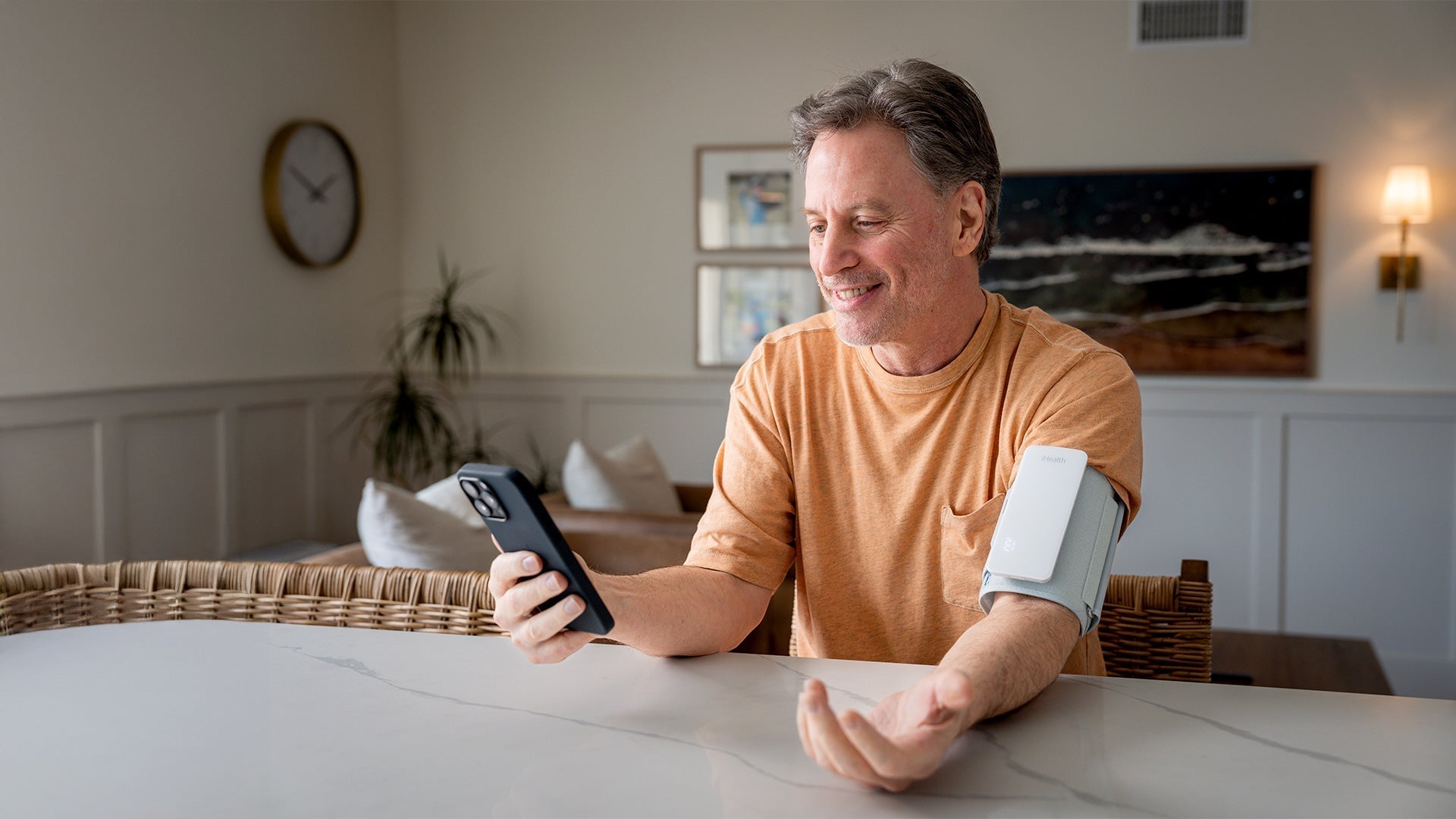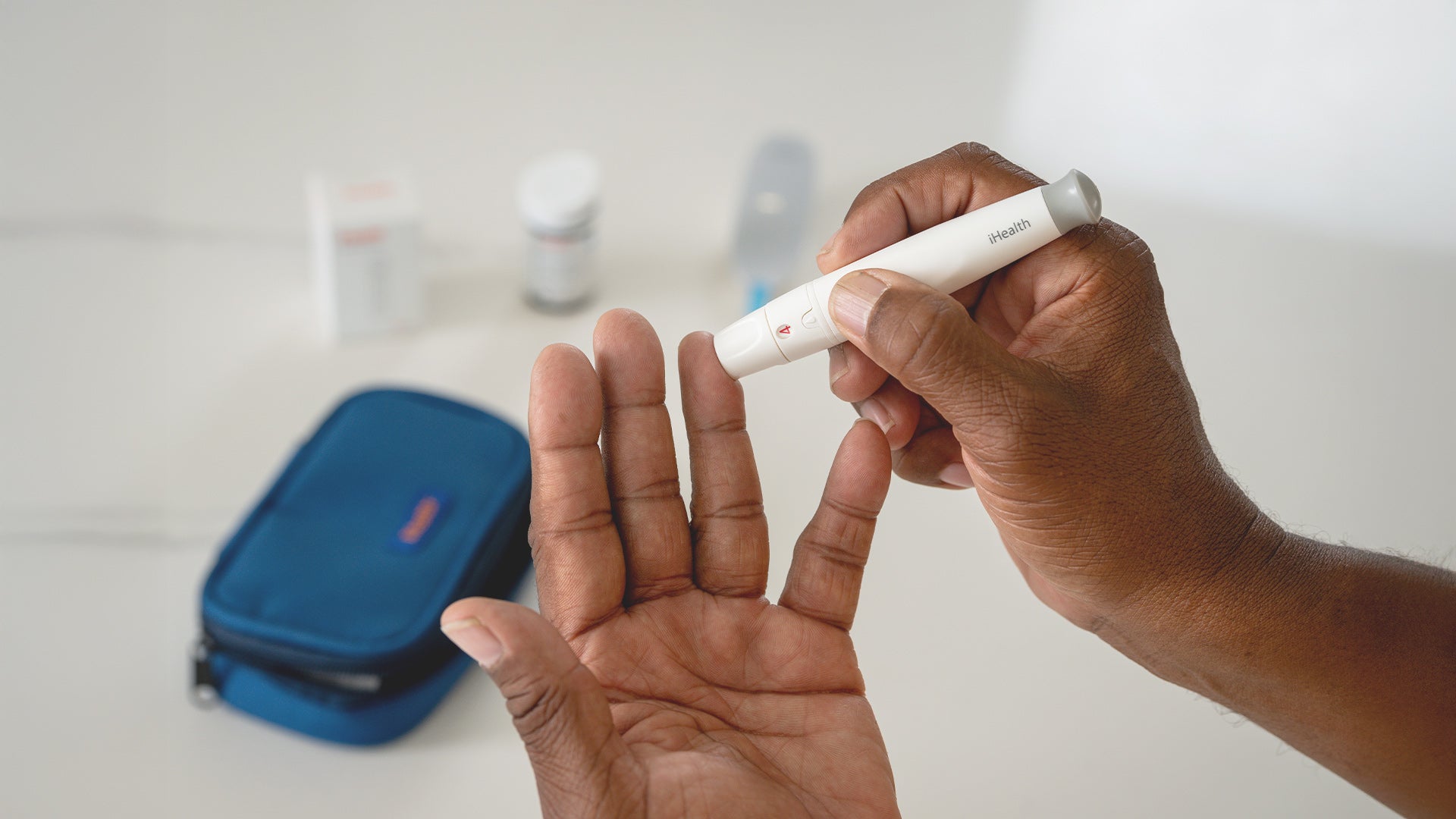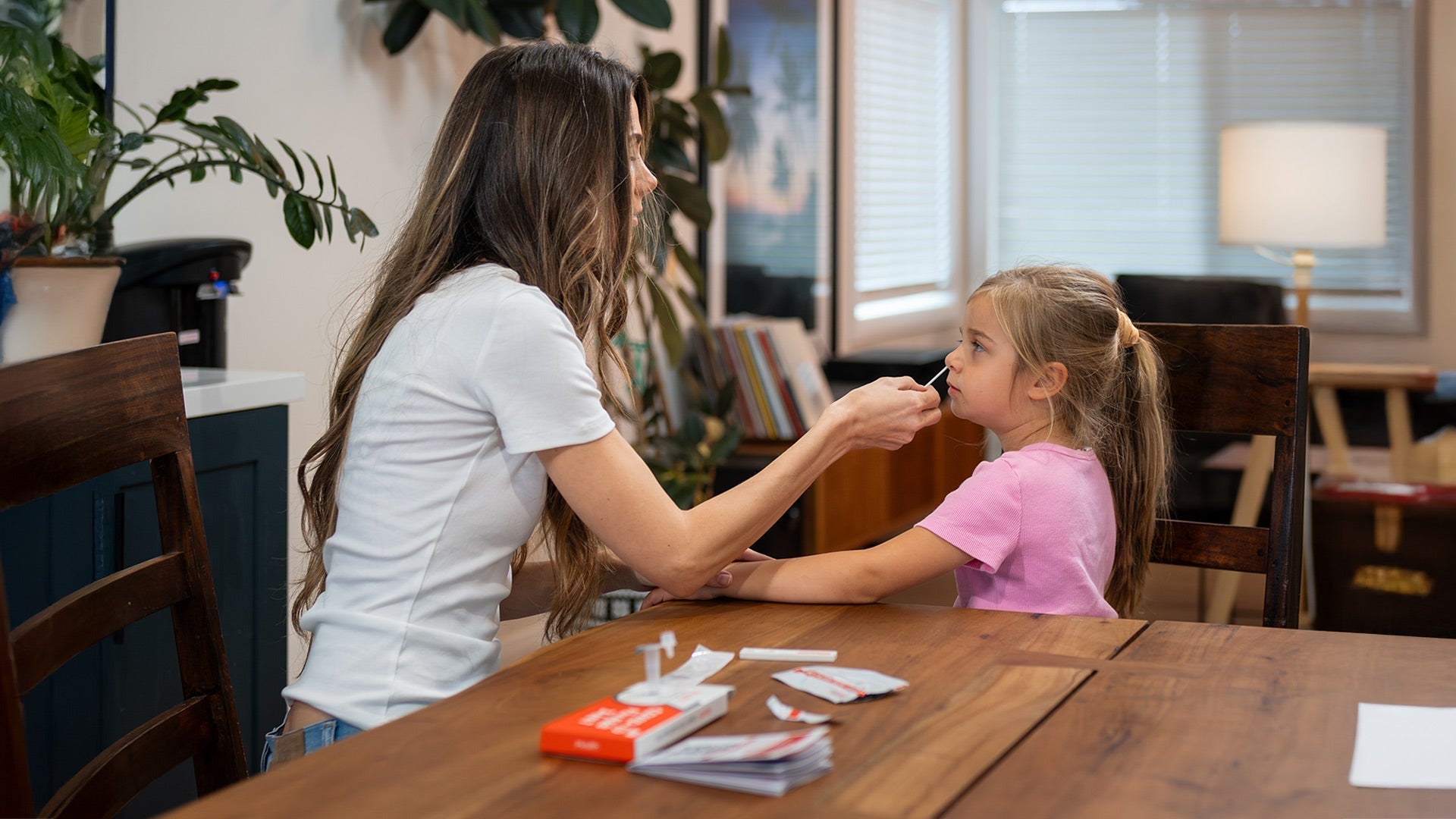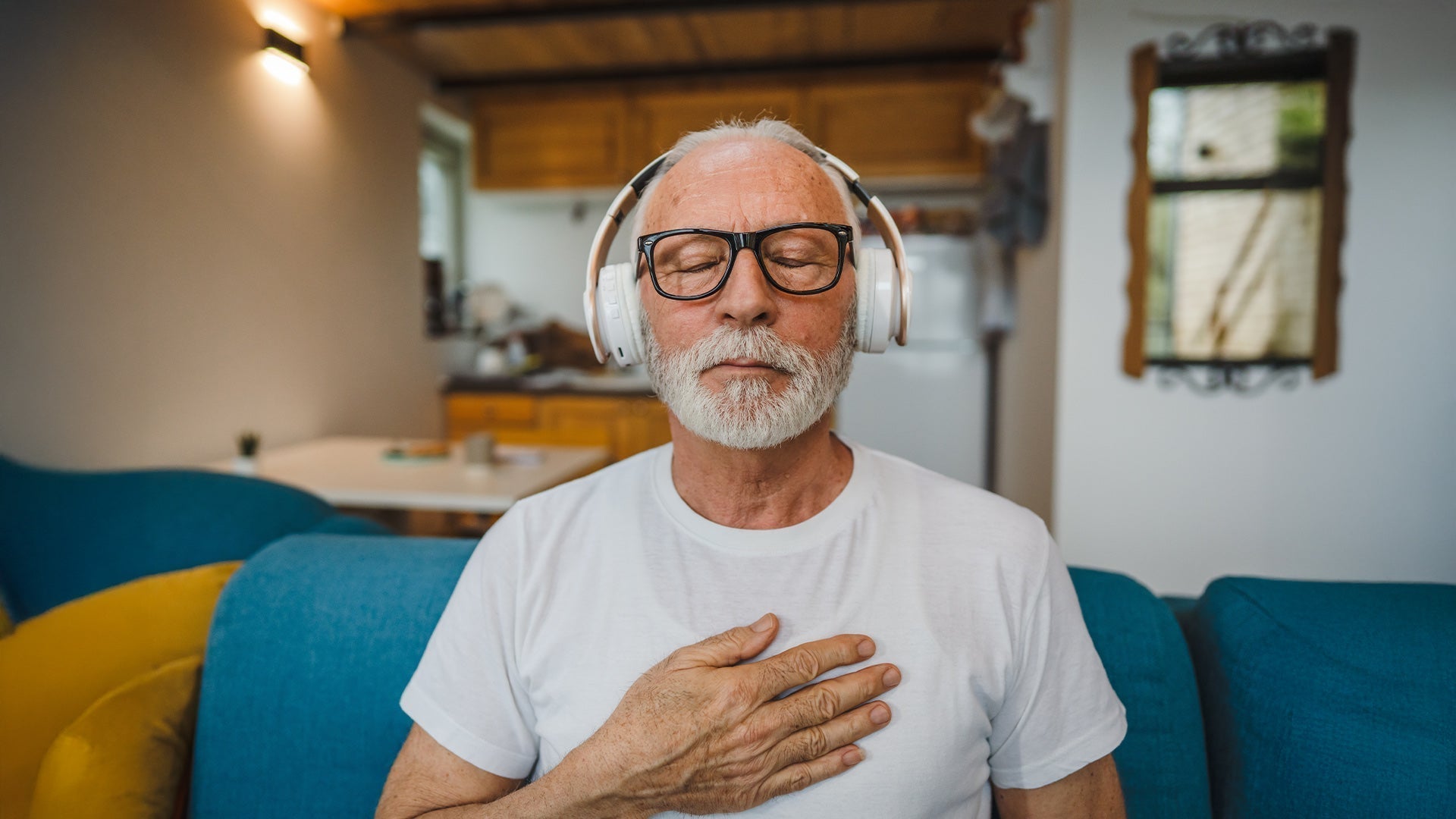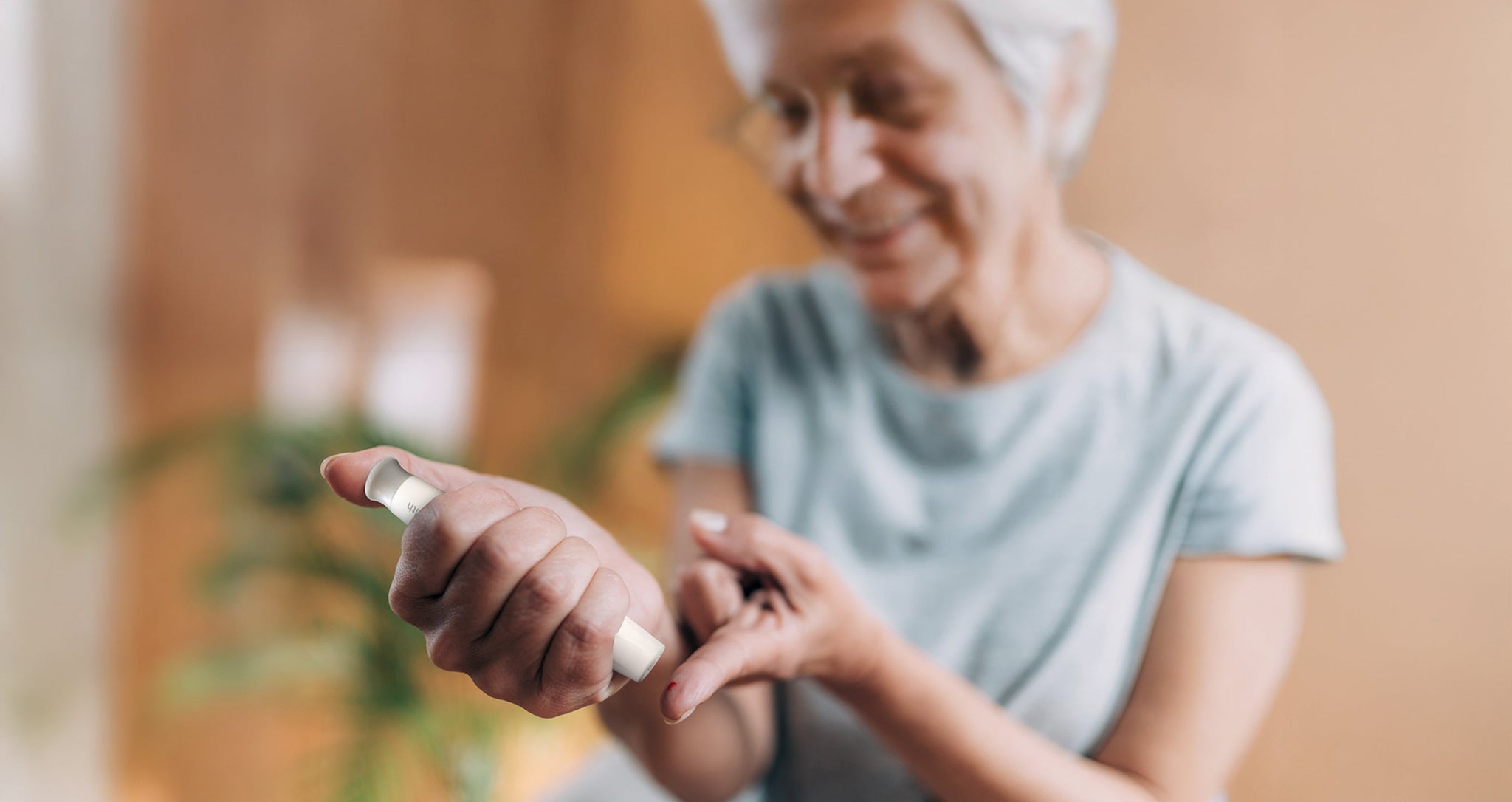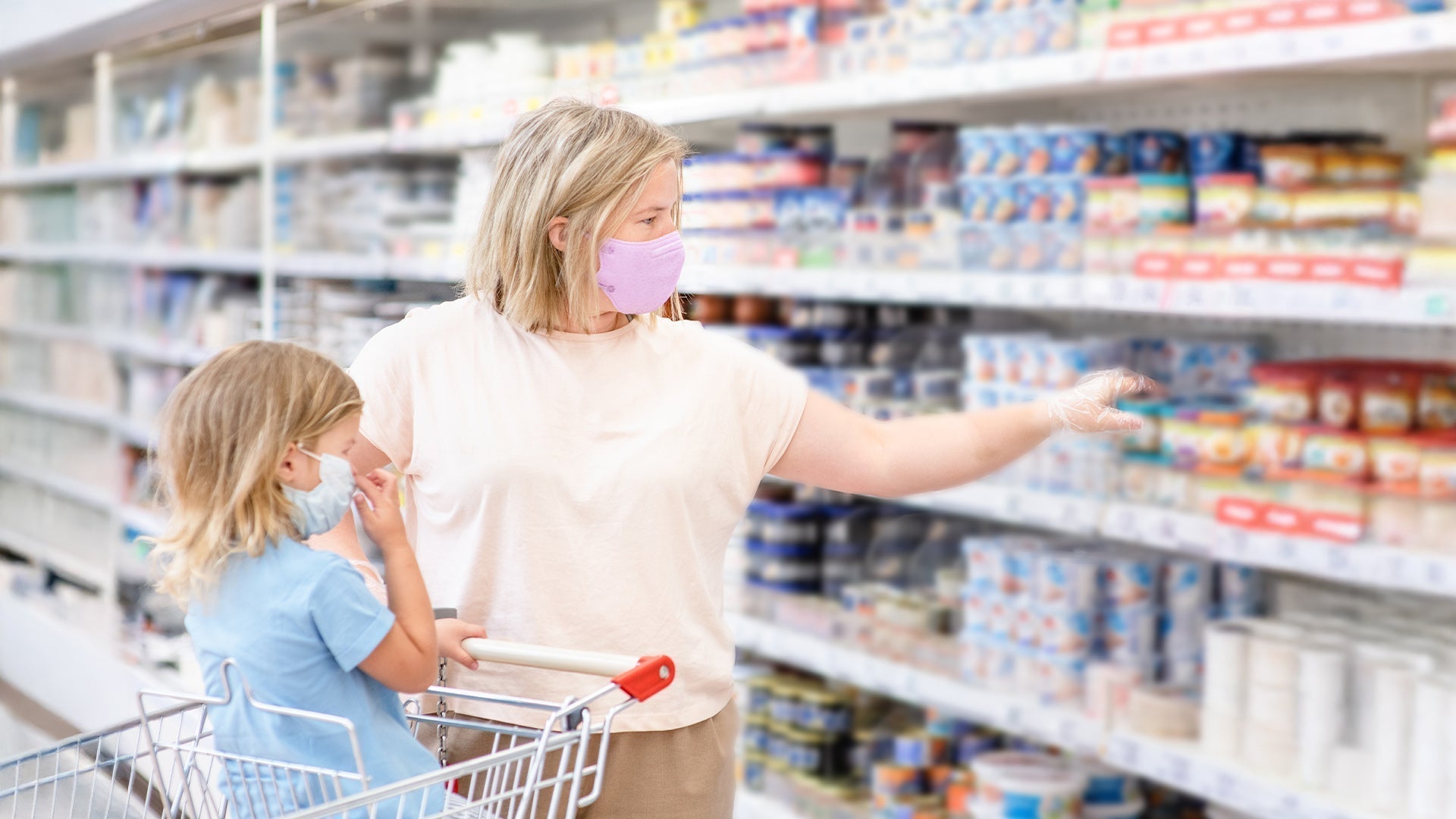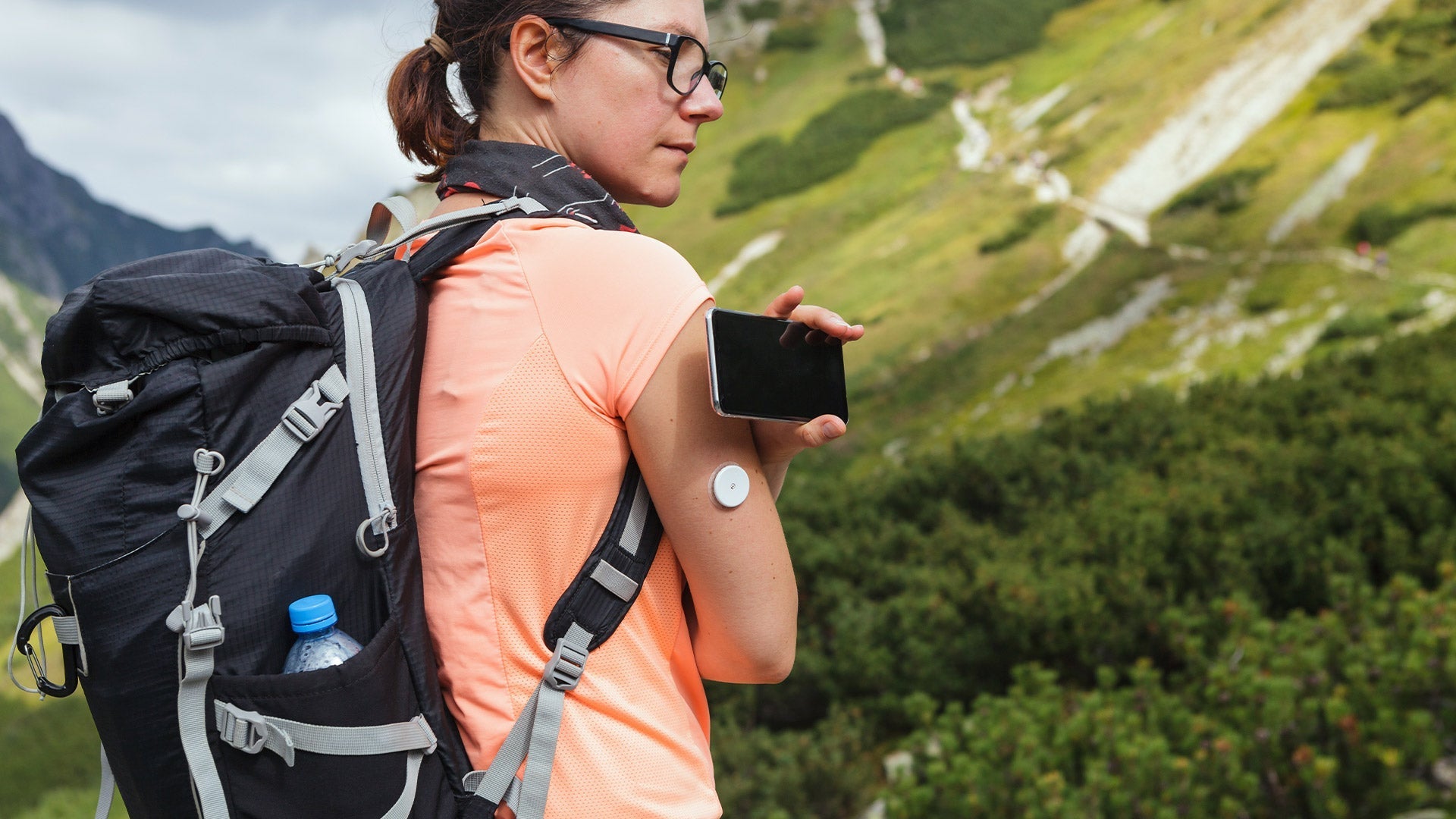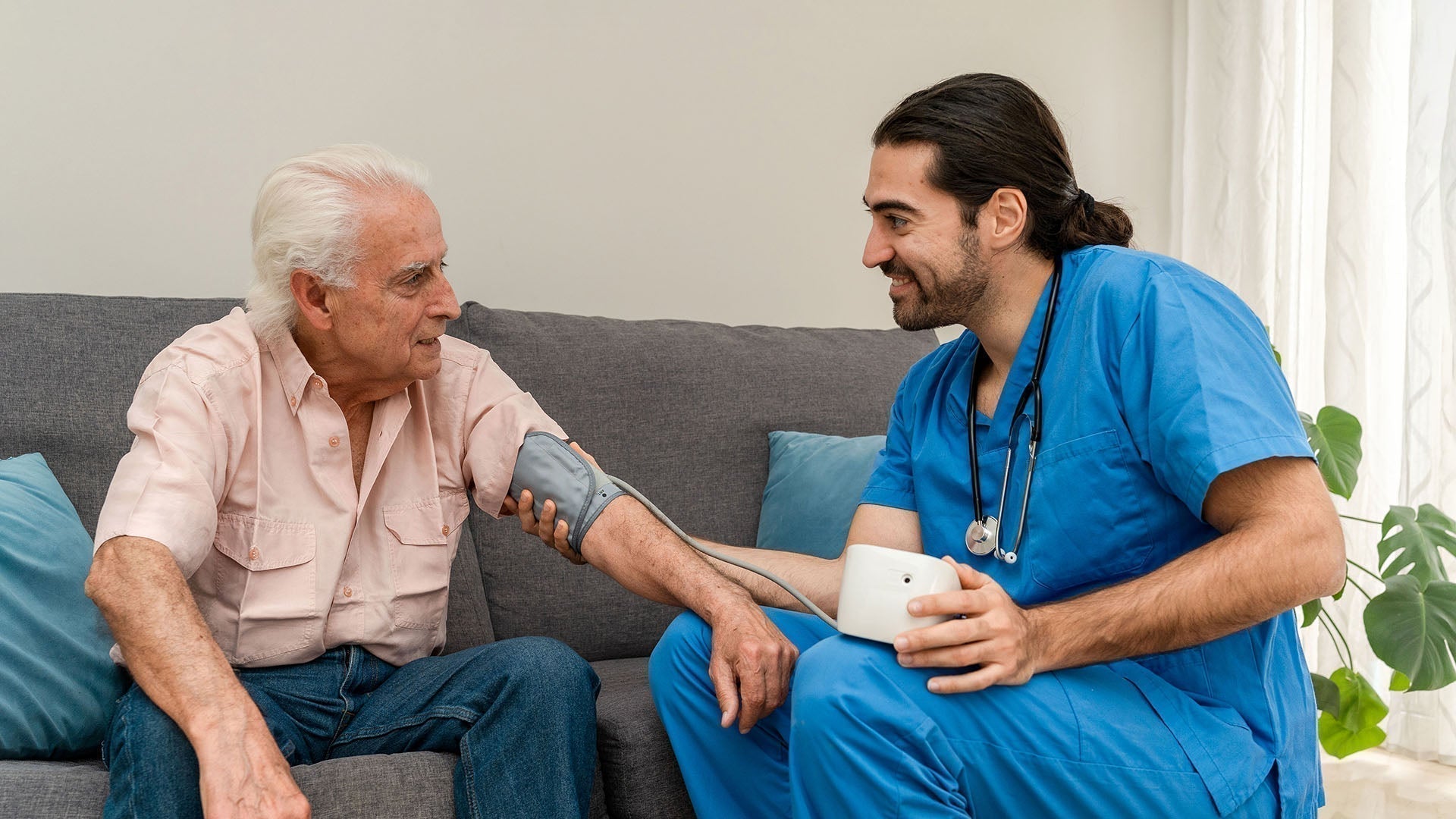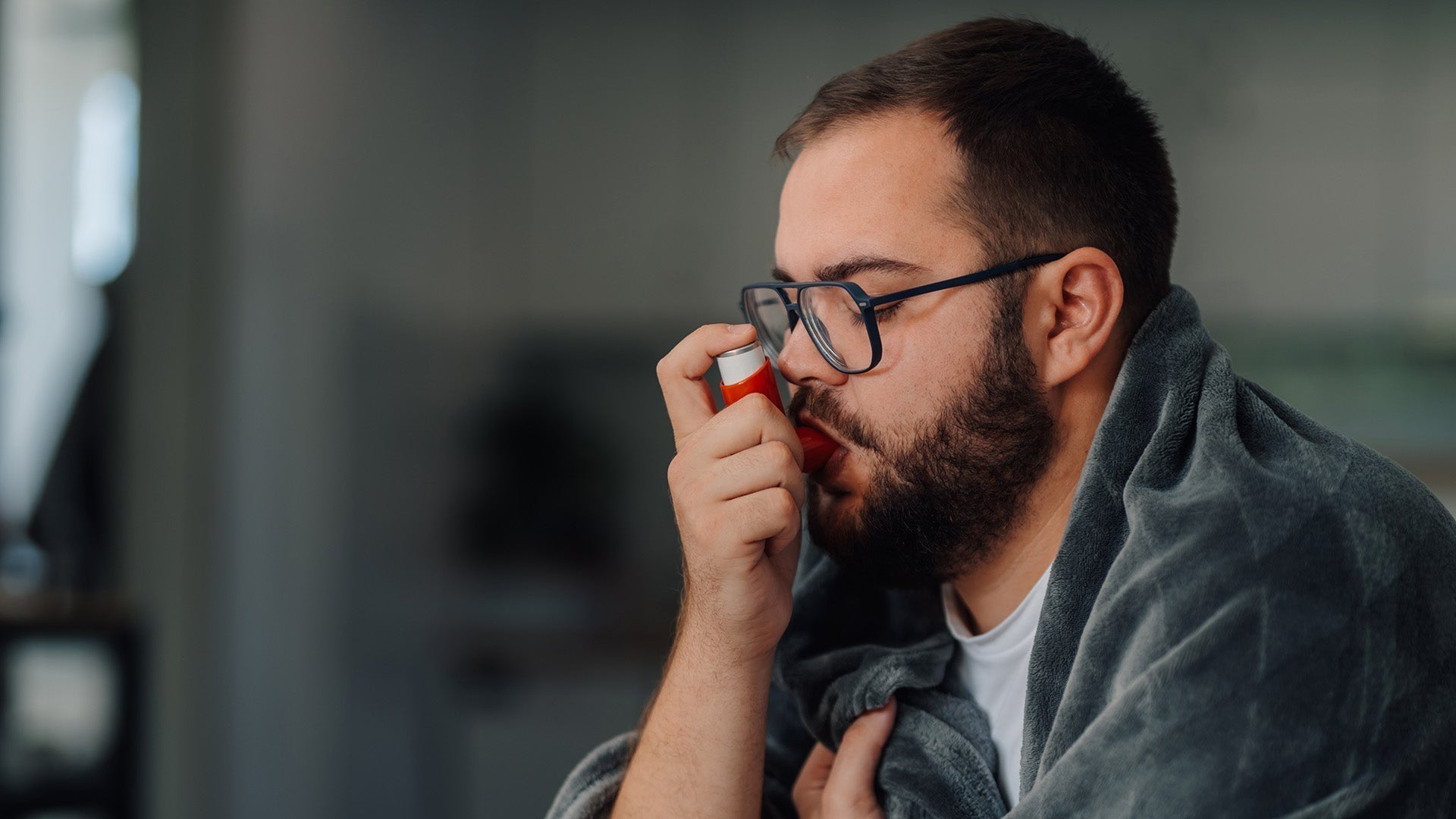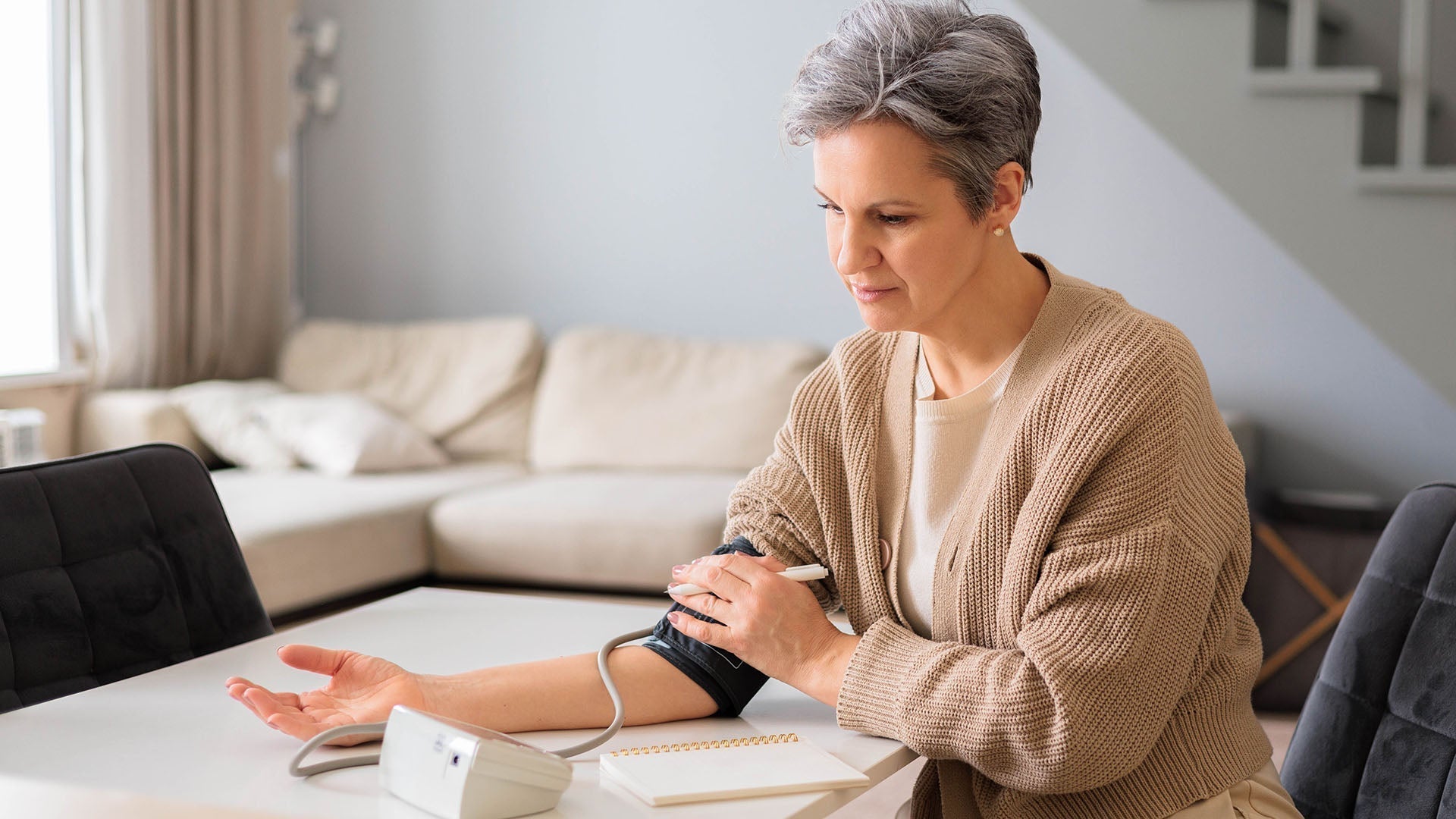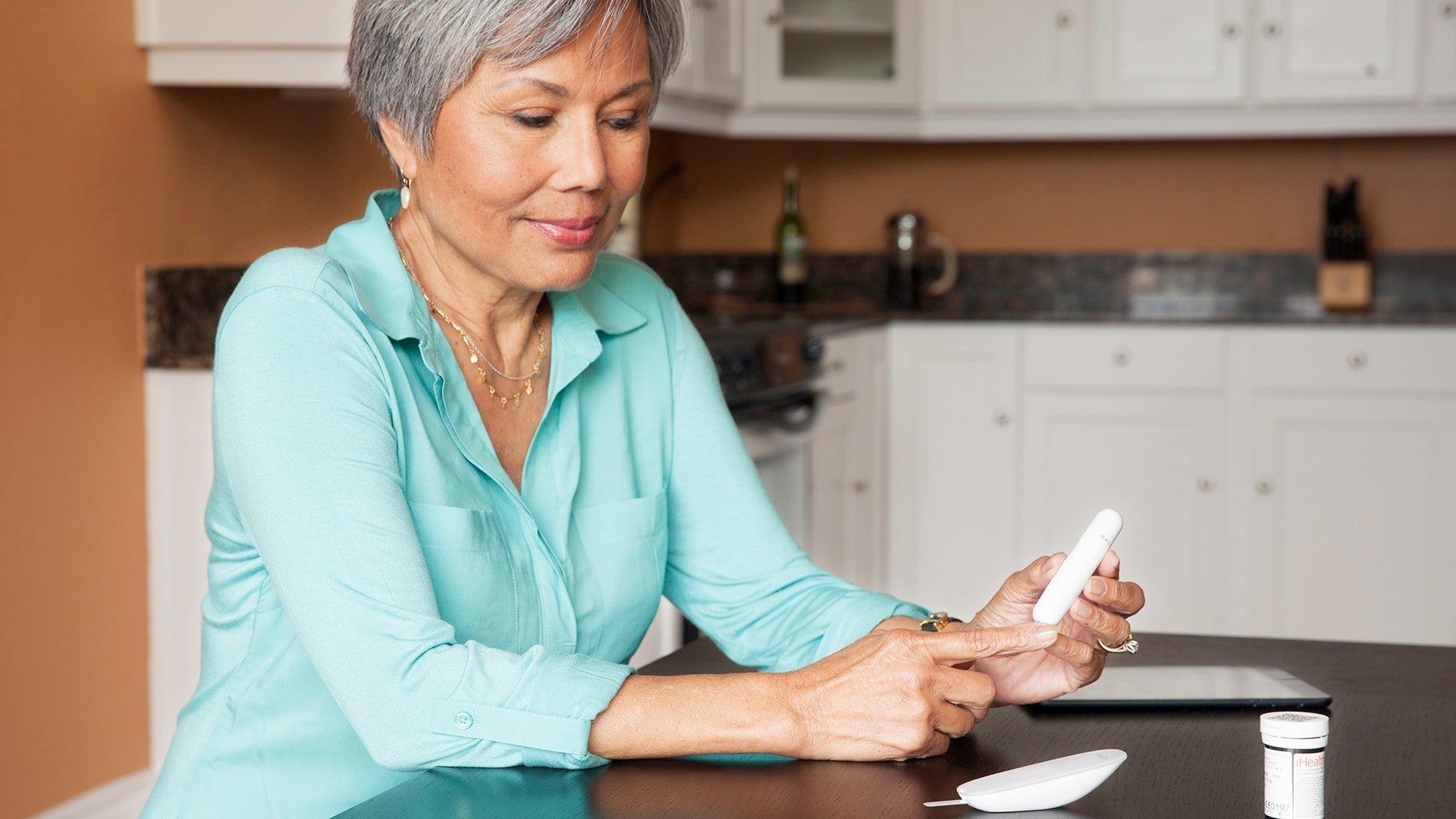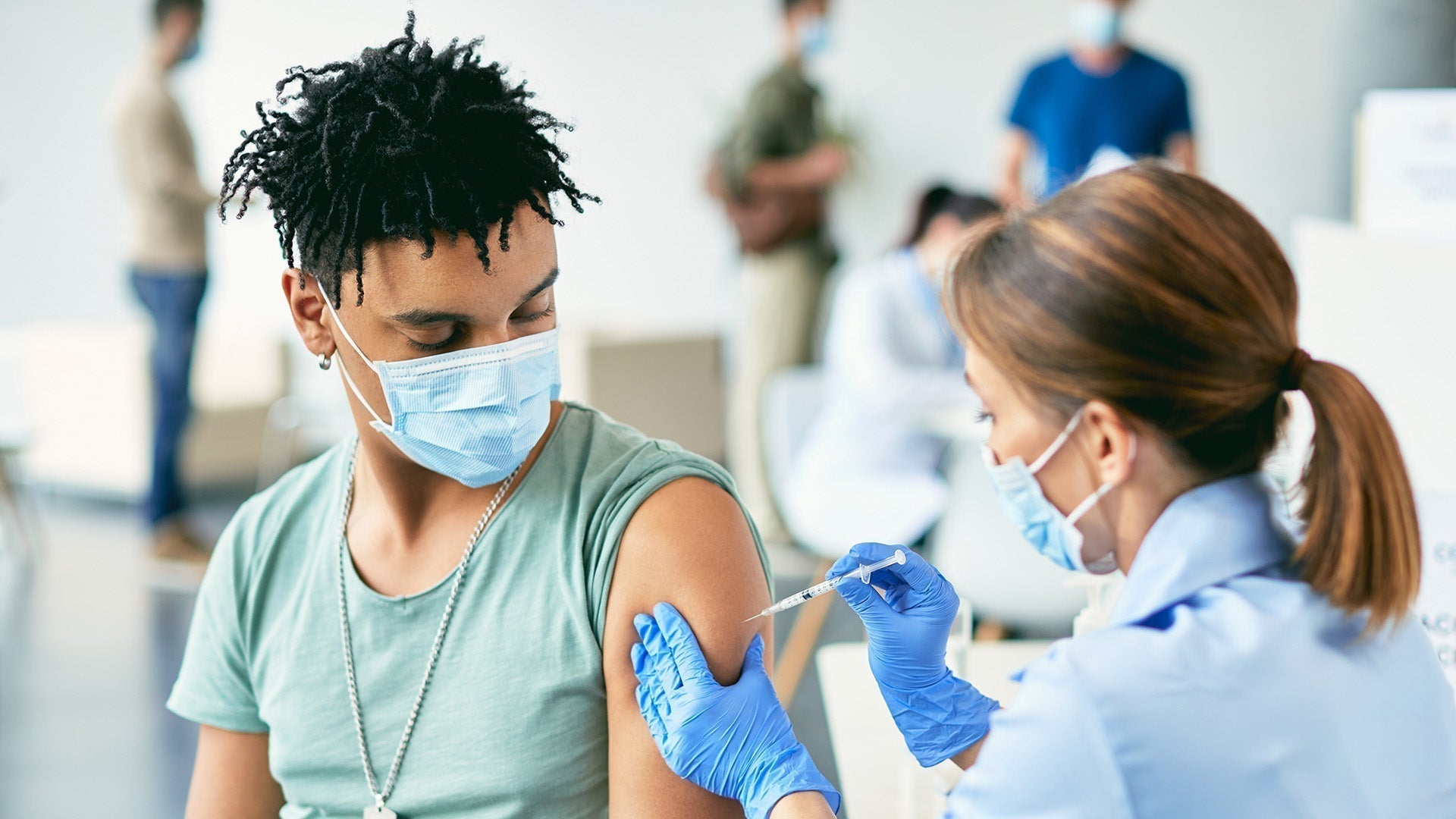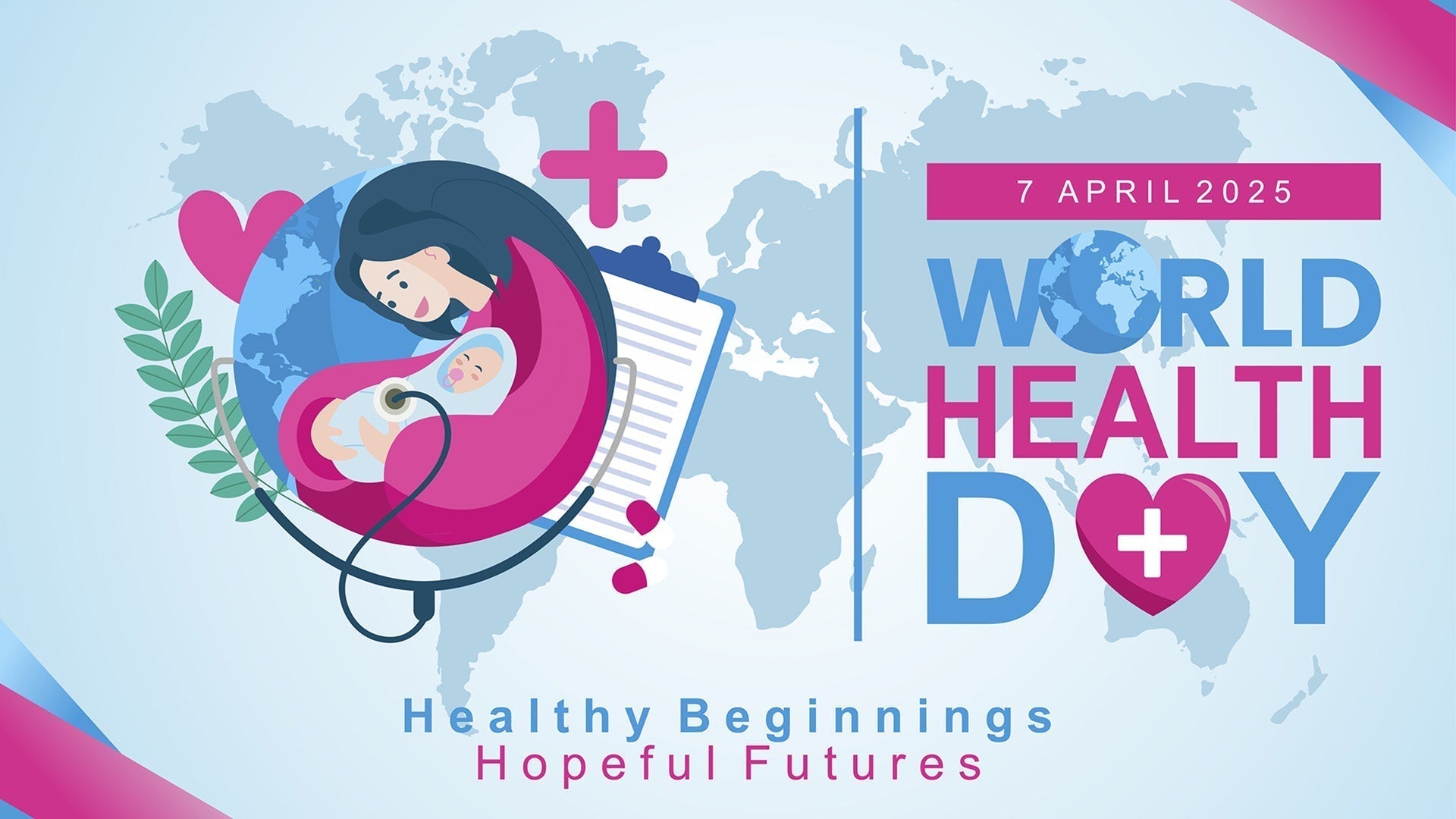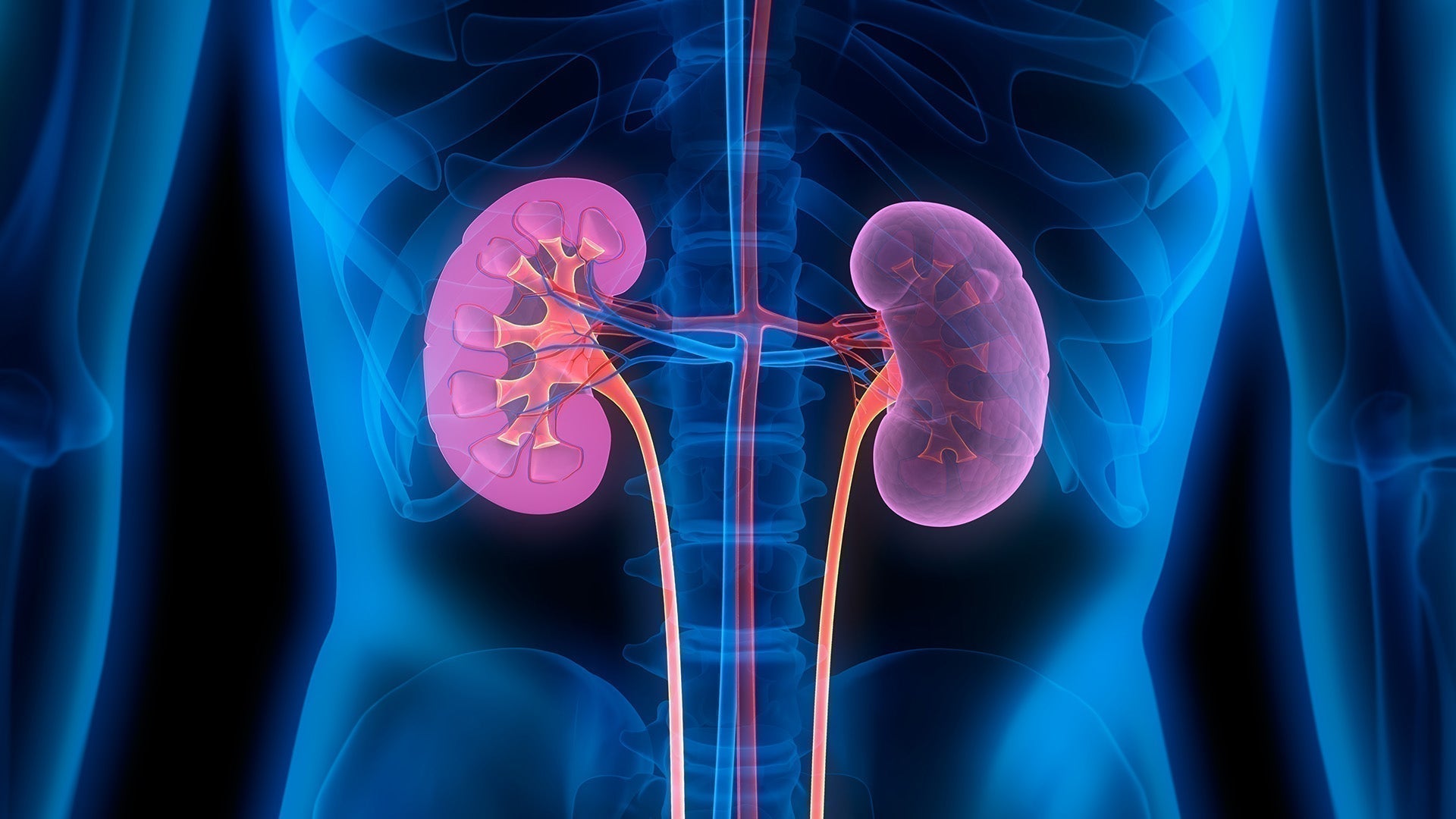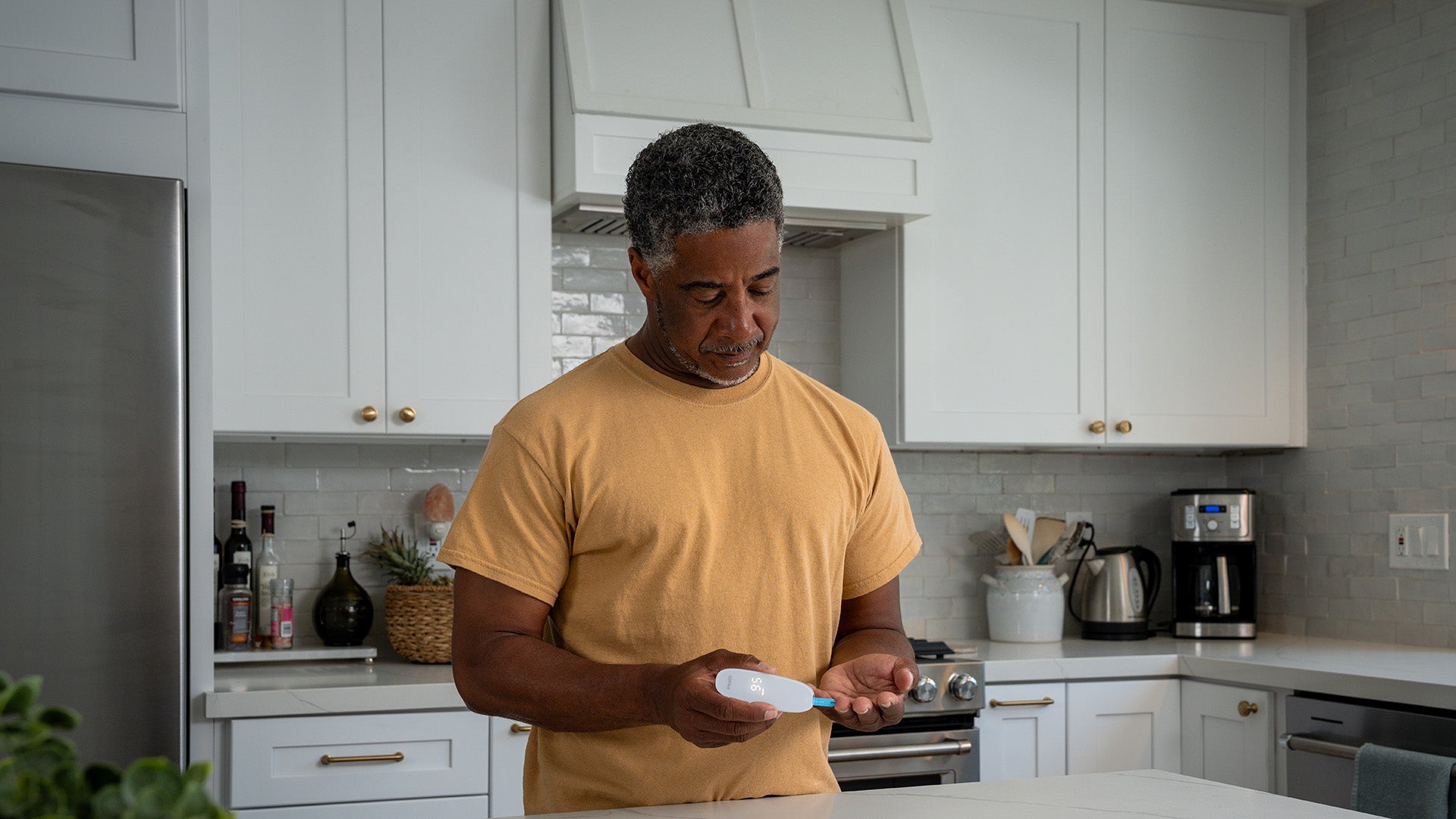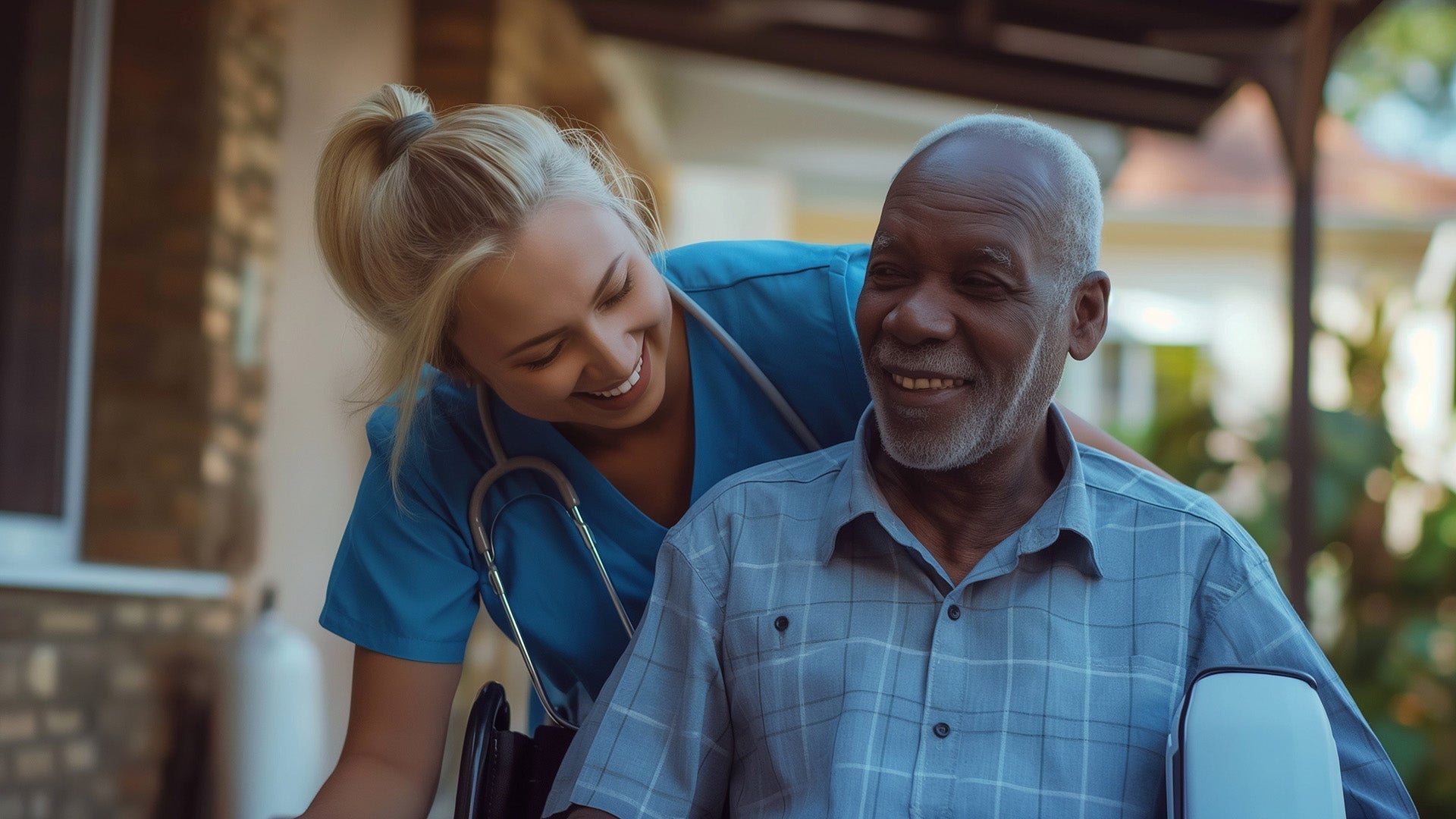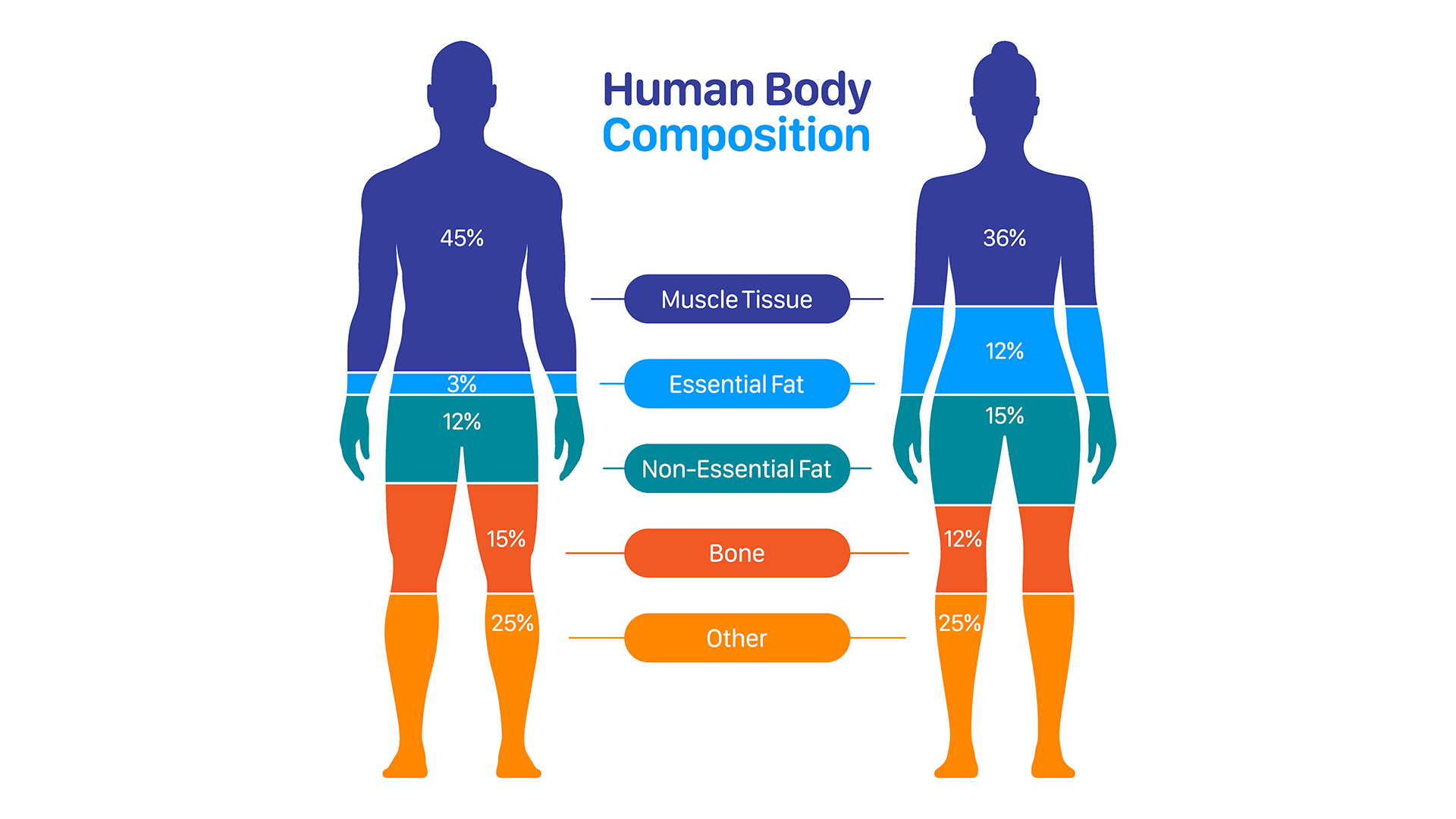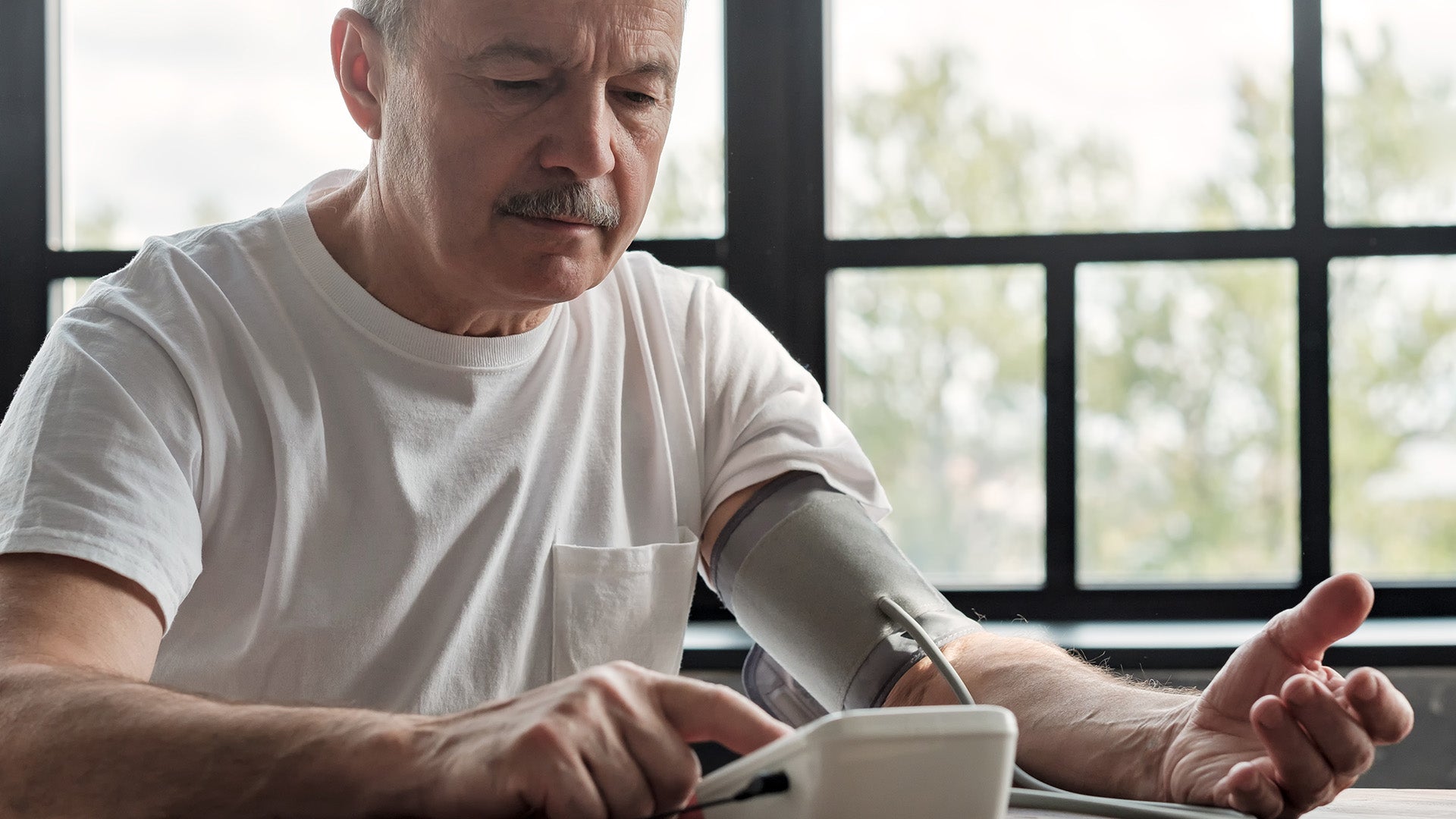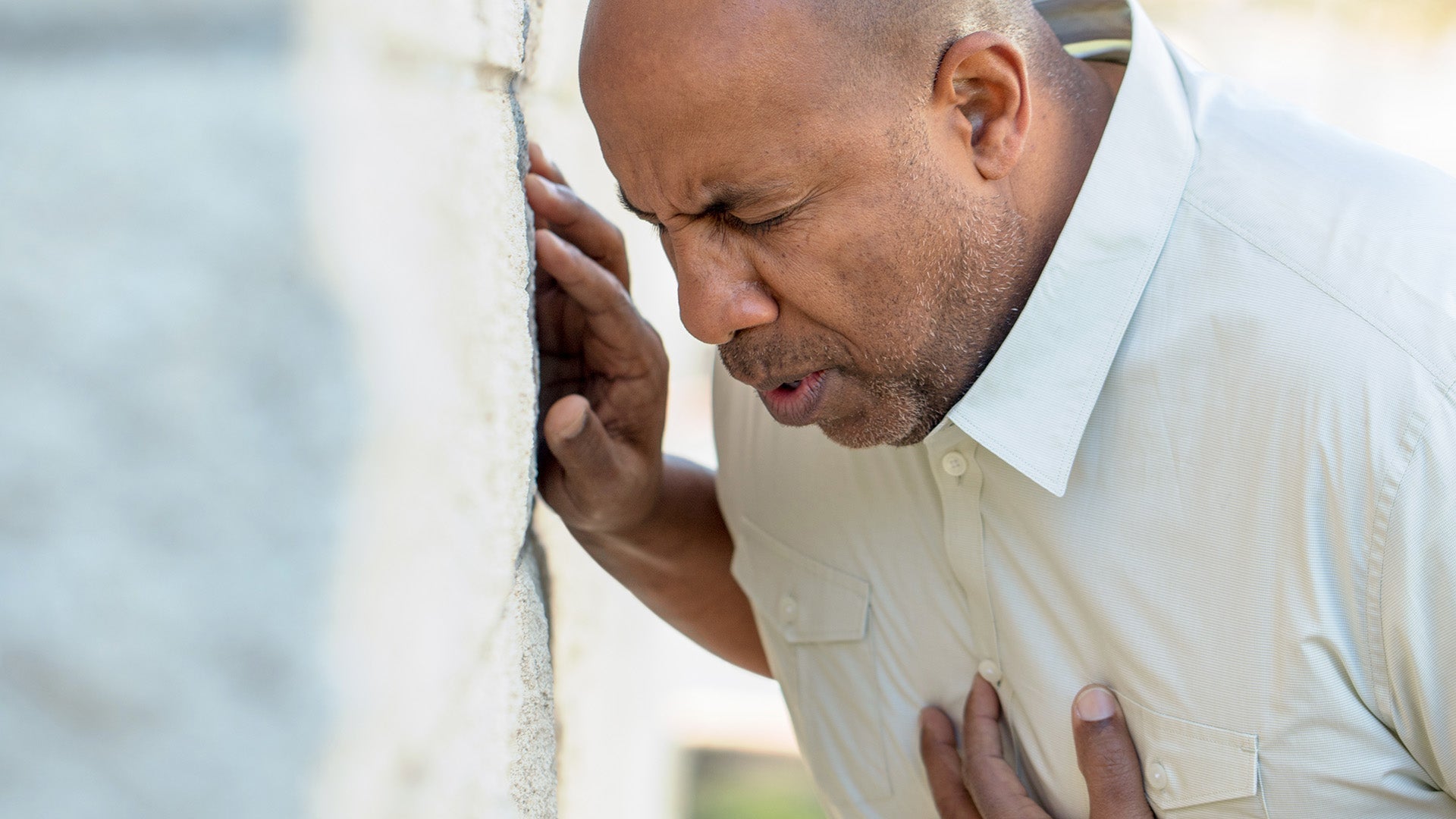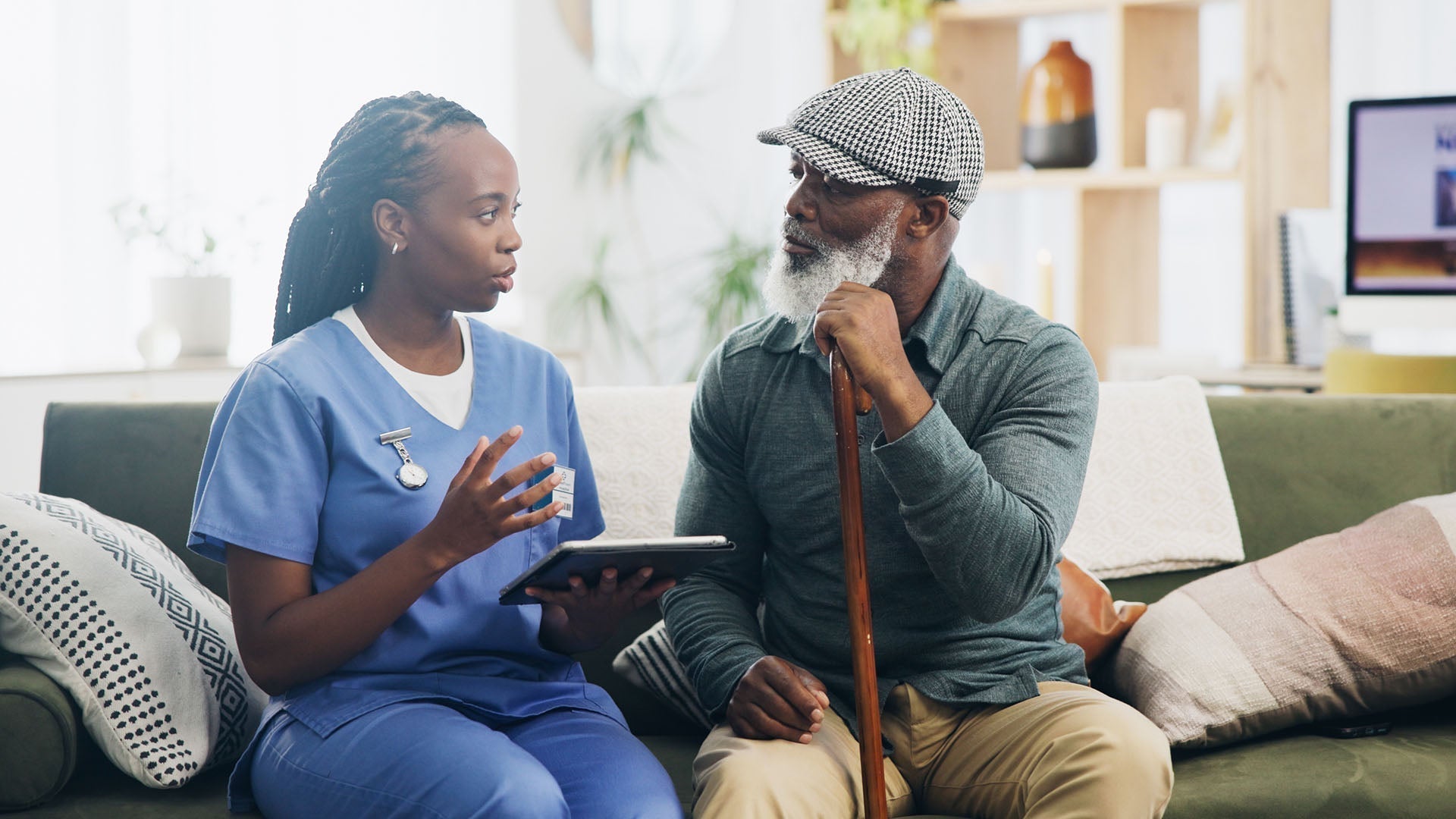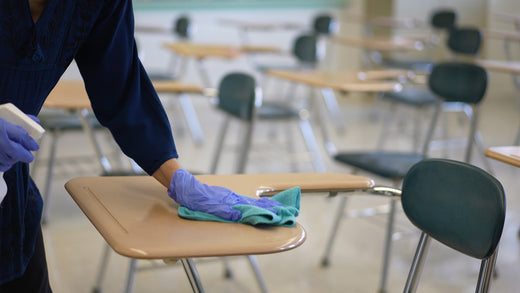Learn Your Way
to A Healthier Life
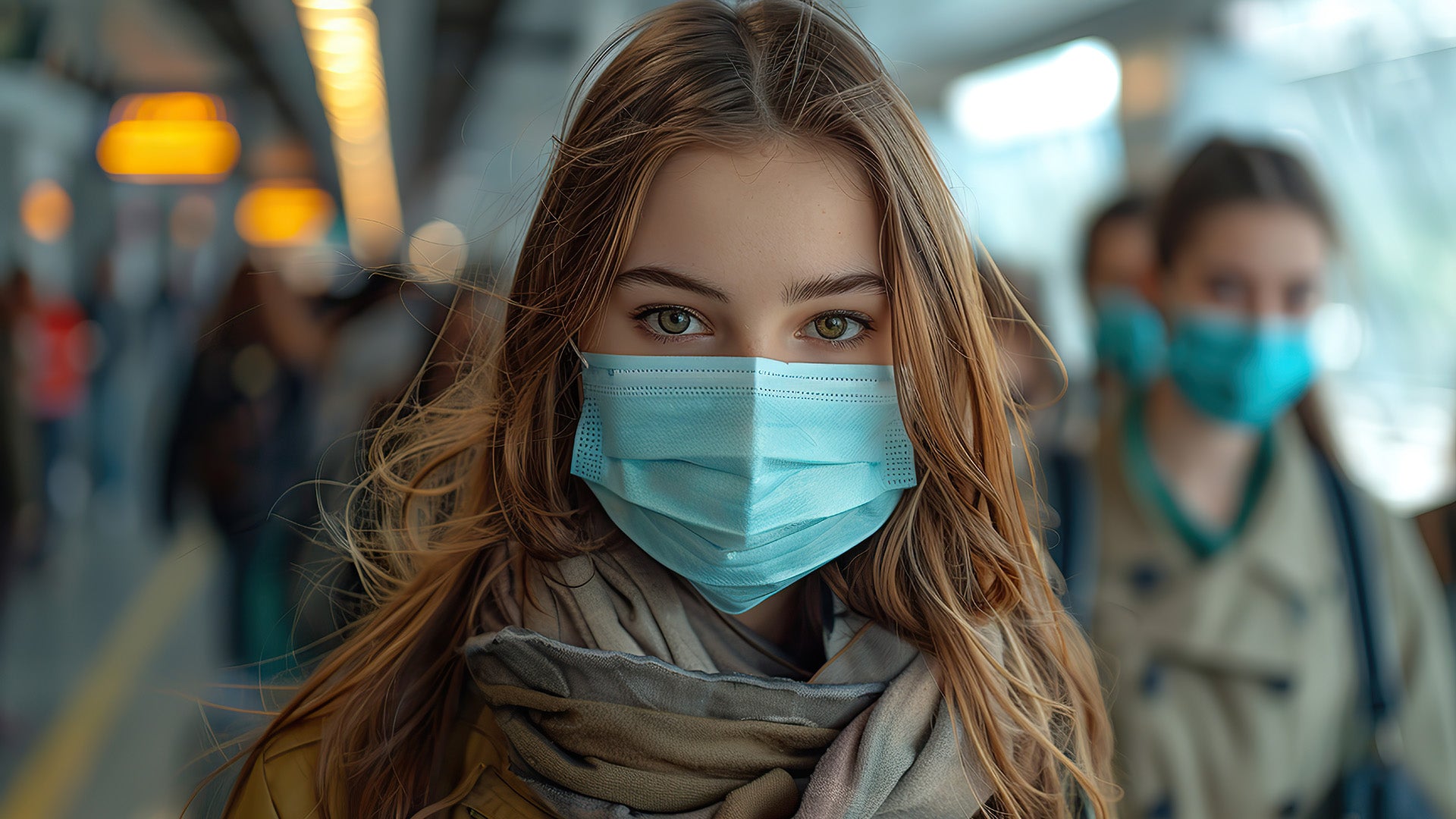
Holiday travel with our families has come a long way since the days of going over rivers and through the woods to grandmother’s house. Today we move through large airports, sit in packed airplanes, share air on trains, cram together in crowded buses and make contact with many germs in shared rides. All of these modes of transportation expose you and your loved ones to increased chances of catching respiratory viruses like the flu and COVID-19.
For those with compromised immune systems, respiratory issues or heart conditions, the flu and COVID-19 can pose serious health threats. The good news? Antigen tests can be a powerful tool for protecting your health and ensuring your family’s safety.
Why Antigen Testing Matters
Exposure to respiratory viruses can be a serious concern for people with chronic health conditions and may lead to more severe complications than for those without underlying health issues. For young children, especially those under five, the flu can be more serious than it is for older children or adults, with symptoms sometimes leading to complications like pneumonia or dehydration. Even a mild flu case can put a damper on travel plans and result in uncomfortable symptoms for those involved.
Thankfully, antigen tests can help by providing rapid information about your health status, enabling you to make informed decisions that reduce the risk of spreading or contracting these viruses. The benefits of antigen tests include:
- Convenience and timeliness. Antigen tests provide results within 15 minutes, allowing you to make timely decisions.
- More control over health decisions. With antigen tests, you can make informed choices about when to isolate, seek medical help, or adjust travel plans if you test positive.
- Protection for vulnerable populations. By testing regularly during travel, you reduce the risk of unintentionally spreading illness to others, especially other high-risk individuals.
How Antigen Testing Kits Work
Antigen tests work by detecting viral proteins specific to COVID-19 or flu viruses in a nasal swab, giving results within 15 minutes. While they are most reliable during the early days of symptoms when the viral load is highest, antigen tests can also detect infections in asymptomatic carriers, providing an additional layer of security.
Antigen tests for COVID-19 are highly sensitive to current infections, especially when viral loads are high. Flu antigen tests detect flu A and B proteins and are most accurate within the first couple of days of symptoms.
When to Use Antigen Tests During Travel
Knowing when to test can help prevent illness from spreading and also give you peace of mind while navigating new environments. Here are key times to consider using antigen tests during your trip:
- Before your trip. Testing before departure is the first step in reducing exposure risks. A positive result would allow you to reschedule to prevent spreading illness to others.
- While traveling. If you start feeling unwell, take an antigen test to determine if your symptoms may be caused by flu or COVID-19. If your travel plans include visiting loved ones who may also have chronic health conditions or participating in gatherings in confined spaces, testing ahead of time can help prevent spreading the flu or COVID-19 to others.
- After your trip. Testing is recommended if you’re planning to interact with high-risk friends or family shortly after returning.
Seek Medical Help If Needed
If you or someone in your travel group tests positive and symptoms worsen, seek medical help. Early intervention is crucial, particularly for individuals with chronic health conditions. Many destinations offer urgent care centers and telemedicine services, which can be helpful if you’re on the go.
A positive test can feel like a setback, but there are steps you can take to make the situation manageable:
- Isolate and rest. Prioritize rest, fluids and fever management to help your child recover more quickly. Avoid public places, including crowded tourist sites and restaurants.
- Notify hosts or travel contacts. If staying with others or attending gatherings, inform them of the positive test so they can take precautions.
- Seek medical advice if needed. For children, particularly those under five, it’s always wise to seek medical guidance if symptoms worsen or if you’re uncertain about the next steps.
Traveling with Confidence and Safety
While the presence of flu and COVID-19 can add complexity to travel, families now have tools and knowledge to navigate these challenges. Antigen tests empower parents to protect their children, enjoy quality family time, and avoid the anxiety of unknowns. By integrating testing into your travel plans, you’re proactively protecting your family and others, reducing stress, and helping create a safe environment.
References
Sign Up For More From iHealth
Receive the Latest News and Special Offers


